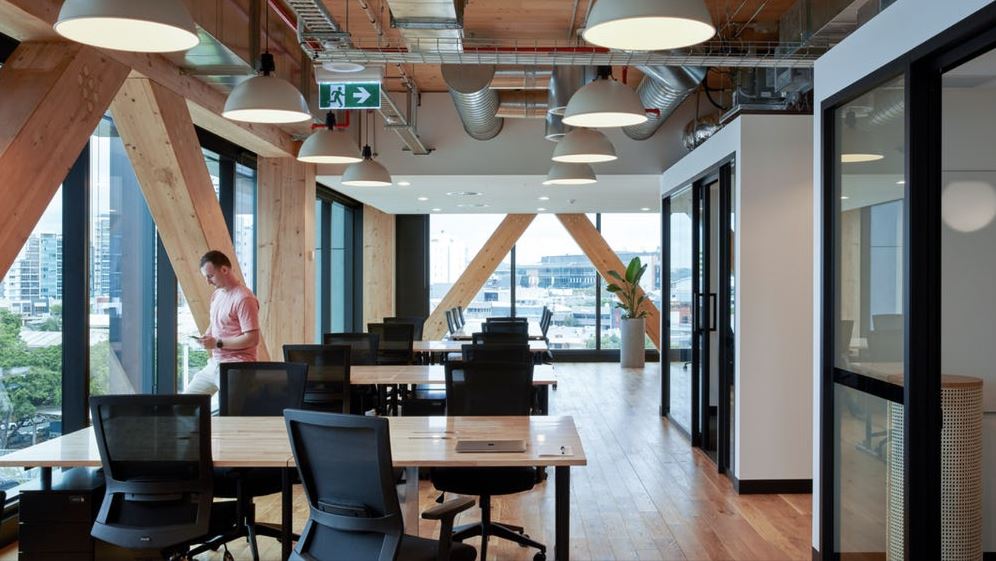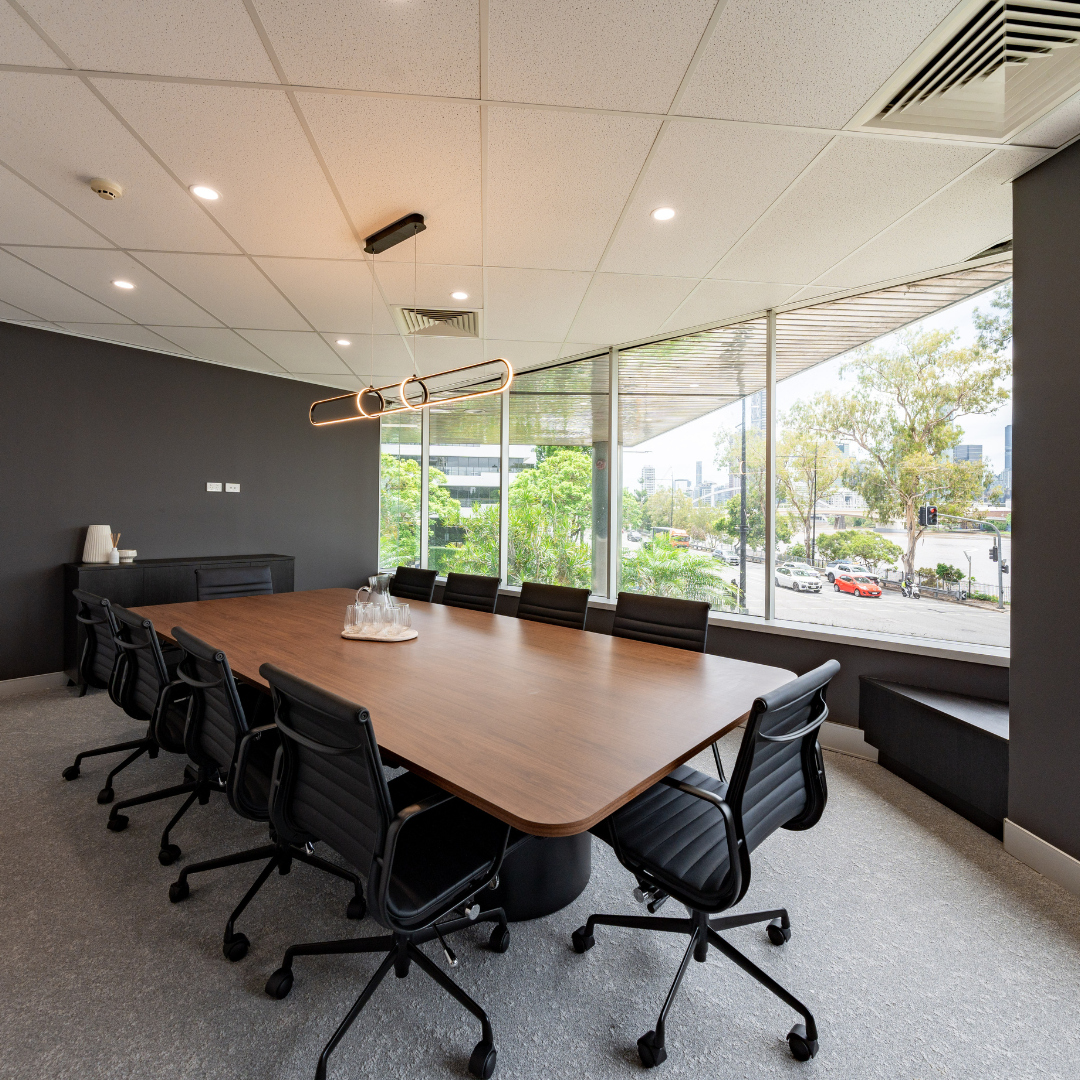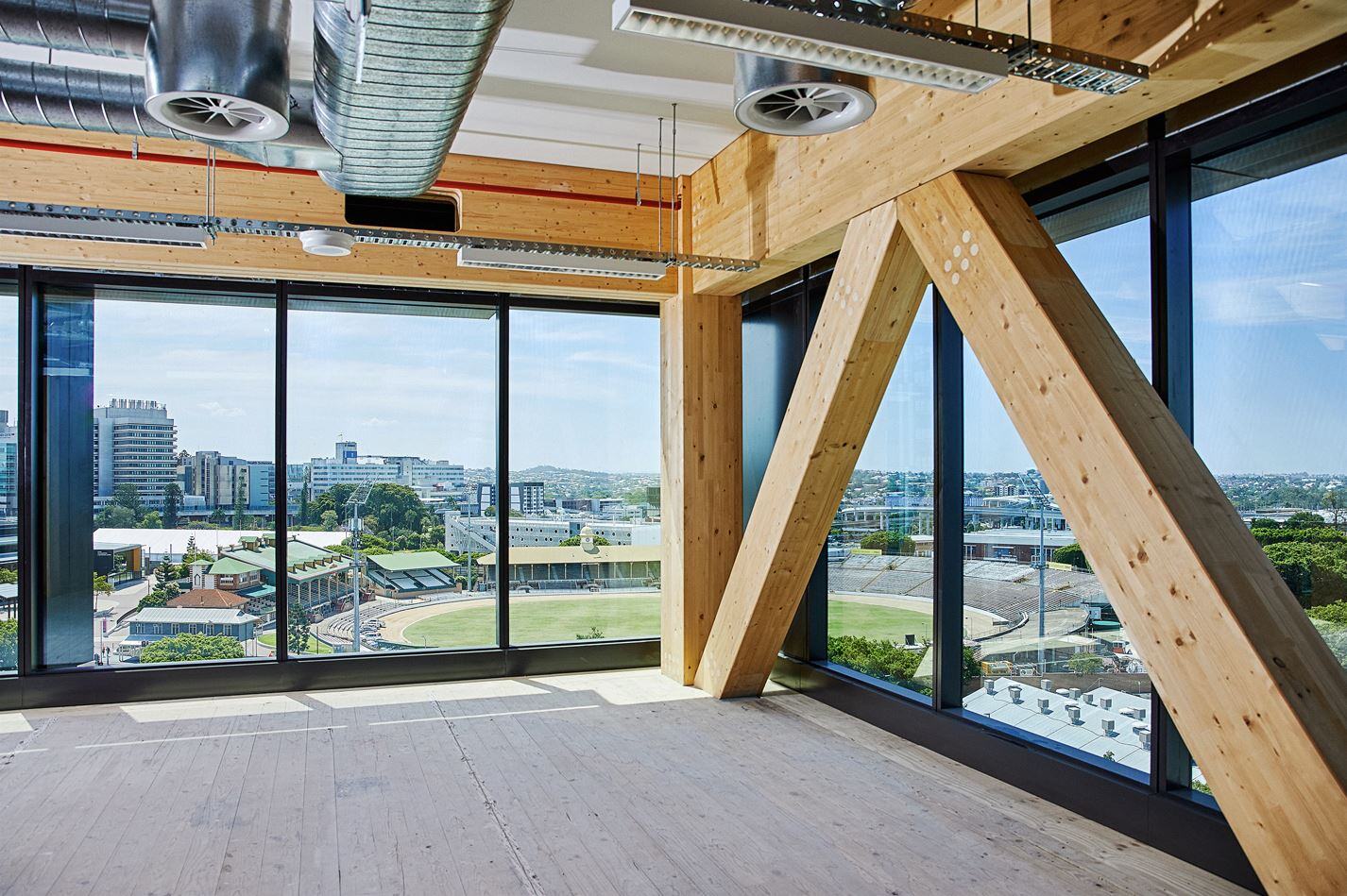How Much Office Space Do I Need?
When determining the future needs of your commercial lease, it is important to assess how much office space your business will need.
The amount of space required for your business will depend on a range of factors, such as how many employees, your type of work, expected growth over the lease term and your budget.
How To Determine Office Space Needs
So, how much office space do I need? There is no minimum office space requirement, but having sufficient space is critical to maintain an effective office and keep your staff happy and engaged. It may even avoid complex workplace health and safety matters.
There are office space calculations you can make to determine your requirement, with a general principle in Australia of about eight to 12 square metres per person.
To satisfy the National Construction Code of Australia (NCC), the building should meet the standard of 10 sqm per person in an office.
Further, people should consider whether they will need more space for additional employees during the term of their lease agreement.
Aegis Property Group can work with you to consider your current and potential needs and help you find the right office space.
1. Assess your business needs for office space
It is important for businesses to determine the right balance between leasing enough space and staying as cost-efficient as possible.
As well as the staff requirements, tenants should consider amenities - such as a kitchenette, breakout areas or bathrooms - and any growth potential within their proposed office floor plan.
The benchmark of around 10 sqm per person provides a guide. However, there is also proactive guidance that suggests sufficient clear space around work areas so that staff can move around easily, and that the area needs to be “appropriate for the work performed”.
In line with the National Construction Code, space requirements vary depending on the use. For example, offices can be 3m x 3m, or can be 10m x 10m depending on the executive.
So, determining how much office space is needed depends on how many and how often people are in the office.
Could people share a workspace? What are the requirements for noise? Will some people be having confidential conversations, or even doing work that requires deep concentration? This all impacts on the question: “How much office space do I need?”
2. Measure your workspace
When determining your office space calculations, it is important to have a clear determination of the usable and shared or communal square metreage available.
This is the difference between net lettable area and gross lettable area.
The net lettable area does not include stairs, toilets, accessways, lift shafts or elevators, tea rooms, cupboards or other thoroughfares. Nor does it include common lobbies.
This makes the net lettable area a good guide to the overall useable space for operations. So a 100sqm area could theoretically accommodate 10 workers in a large open-plan area which had an air conditioning system that caters for 1 staff member per 10sqm. .
3. Factor in future growth for your office space requirements
It may be prudent to plan for future growth when negotiating your office space needs.
Do you expect to hire more staff during the period of your lease agreement? If you think you may hire another employee each year, it is prudent to plan for that when negotiating your office space.
Consider not only the workspace or private office requirements, but also the additional space required for areas like boardrooms, meeting rooms and break out areas.
Likewise, the optimal use for air-conditioning systems for use with approximately one person per 10 sqm.
It may be worth factoring in “soft density” at the outset of the lease to provide room for growth in the later years of the term. An example of this is adopting a workspace density of say 1 employee per 14sqm, meaning that you could then cater for another 4 staff over the life of the office lease.
4. Balance comfort and efficiency in your workspace
Business leaders should consider the overall comfort and efficiency of their workplace when determining office space requirements.
The performance of a building and office space can boost the performance of staff, when the space is optimised for productivity, such as natural light, soundproofing, and ergonomic furniture.
So-called “green offices” are not only more energy and water efficient, but they can also improve productivity. Research has found offices that are well-ventilated enabled higher-performing workers, while natural light is considered important by employees in surveys.
So investing in a quality office space can be an effective way to grow your business.
Maximising your budget for office leasing
However, all businesses must work within their budgets. To find the right office space that meets your business needs, do your research and engage with professionals to get the best deal on your office lease.
This could include negotiating lease terms to maximise abatements or incentives, considering shared office spaces, and opting for flexible rental agreements.
.svg)



